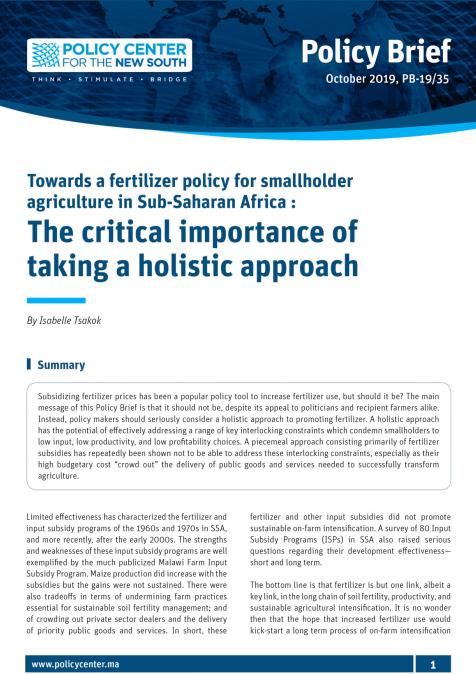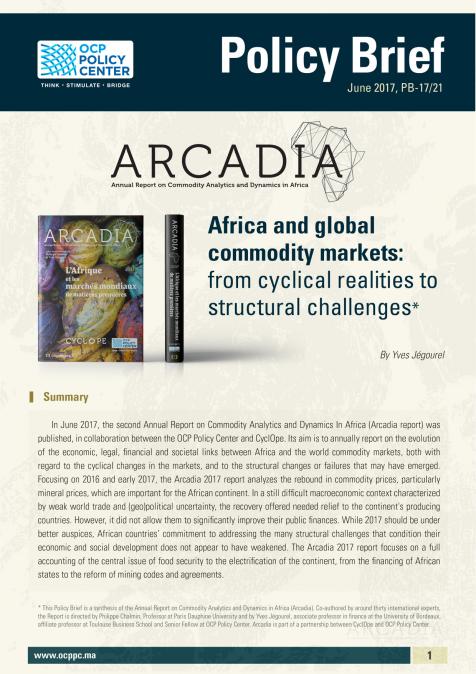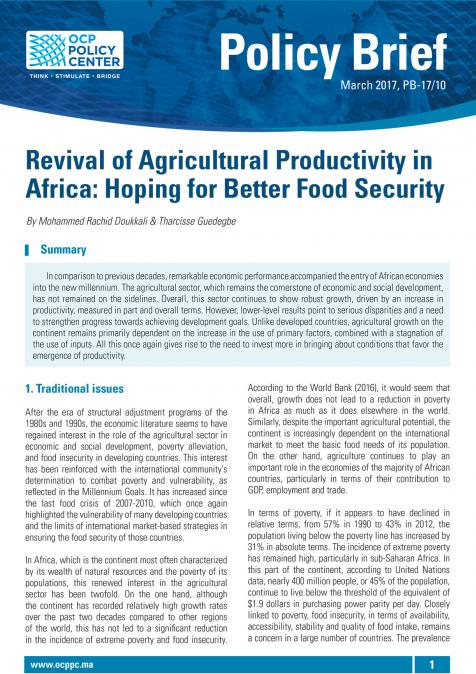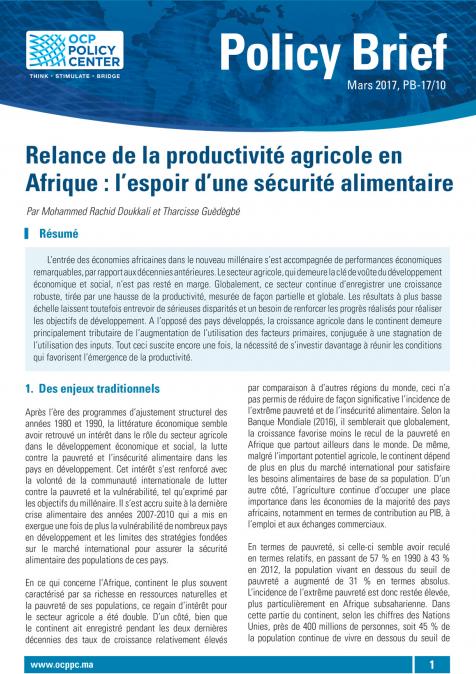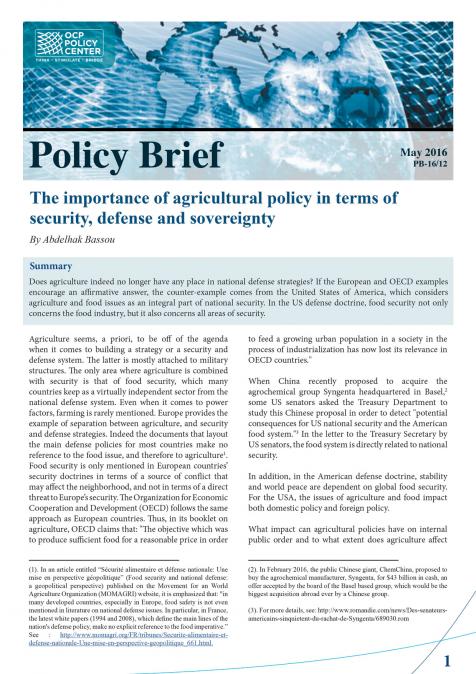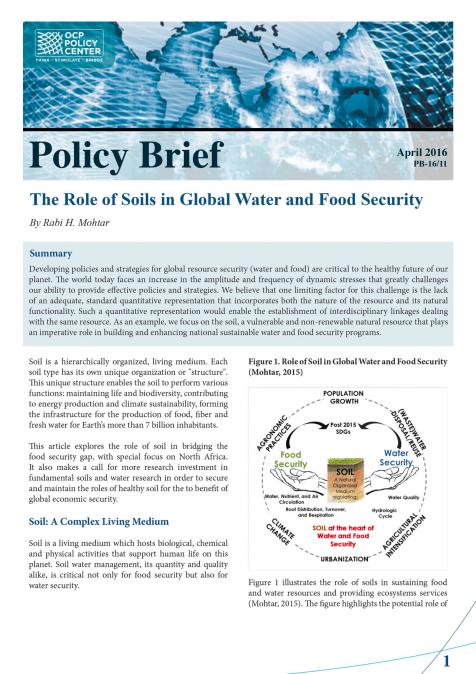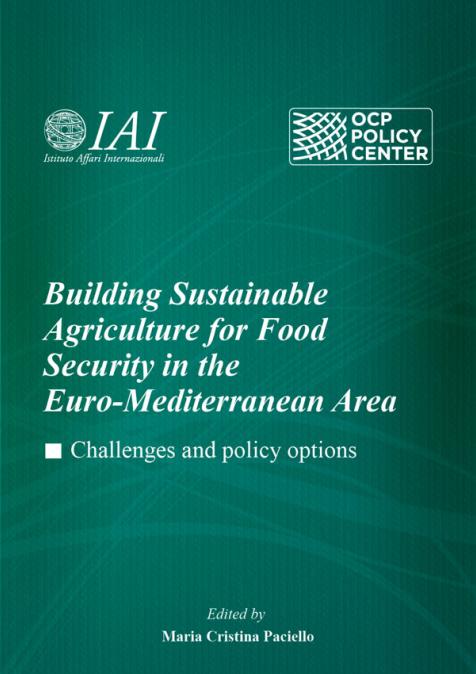Publications /
Policy Brief
Subsidizing fertilizer prices has been a popular policy tool to increase fertilizer use, but should it be? The main message of this Policy Brief is that it should not be, despite its appeal to politicians and recipient farmers alike. Instead, policy makers should seriously consider a holistic approach to promoting fertilizer. A holistic approach has the potential of effectively addressing a range of key interlocking constraints which condemn smallholders to low input, low productivity, and low profitability choices. A piecemeal approach consisting primarily of fertilizer subsidies has repeatedly been shown not to be able to address these interlocking constraints, especially as their high budgetary cost “crowd out” the delivery of public goods and services needed to successfully transform agriculture.
Limited effectiveness has characterized the fertilizer and input subsidy programs of the 1960s and 1970s in SSA, and more recently, after the early 2000s. The strengths and weaknesses of these input subsidy programs are well exemplified by the much publicized Malawi Farm Input Subsidy Program. Maize production did increase with the subsidies but the gains were not sustained. There were also tradeoffs in terms of undermining farm practices essential for sustainable soil fertility management; and of crowding out private sector dealers and the delivery of priority public goods and services. In short, these fertilizer and other input subsidies did not promote sustainable on-farm intensification. A survey of 80 Input Subsidy Programs (ISPs) in SSA also raised serious questions regarding their development effectiveness - short and long term.

